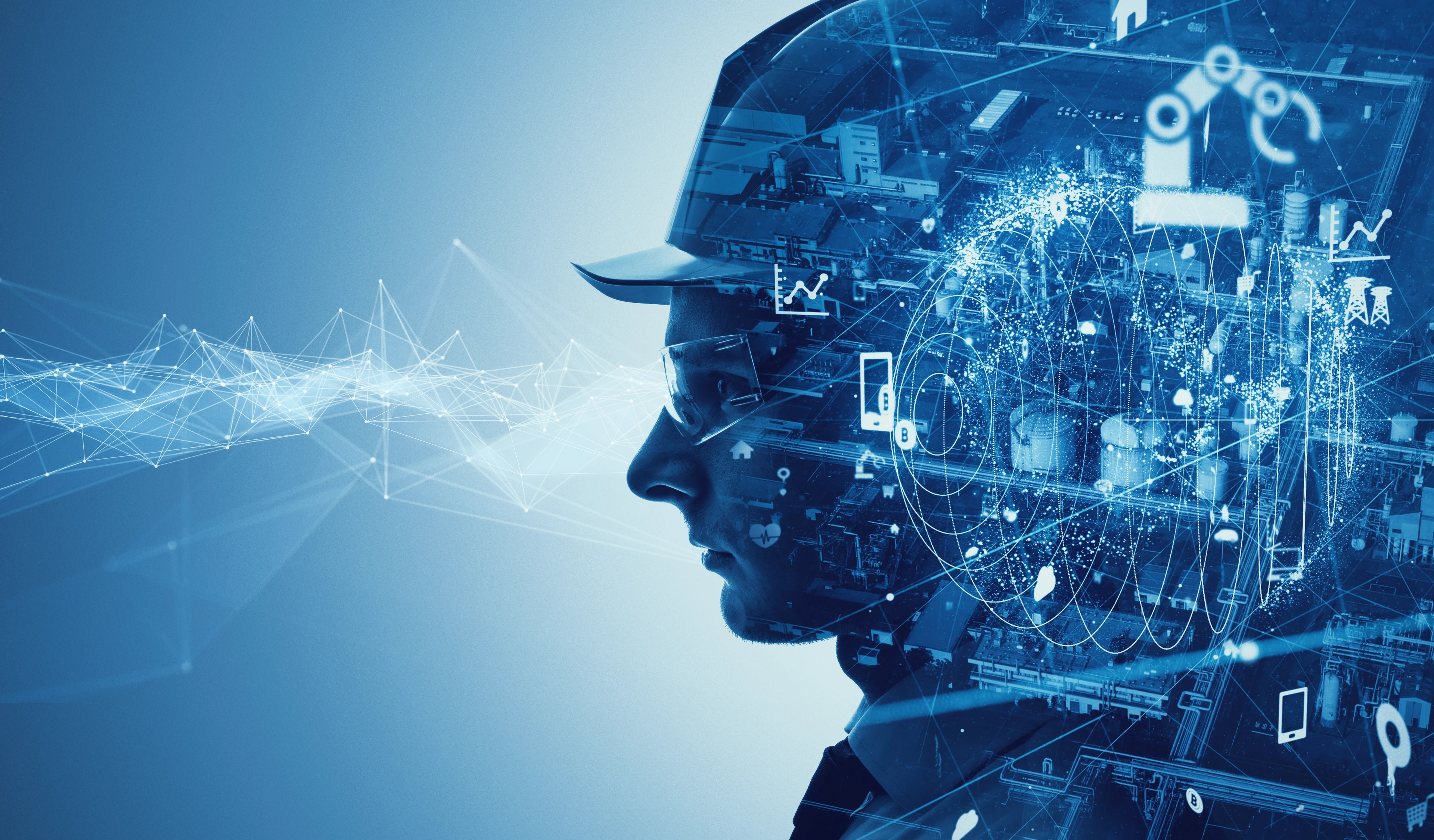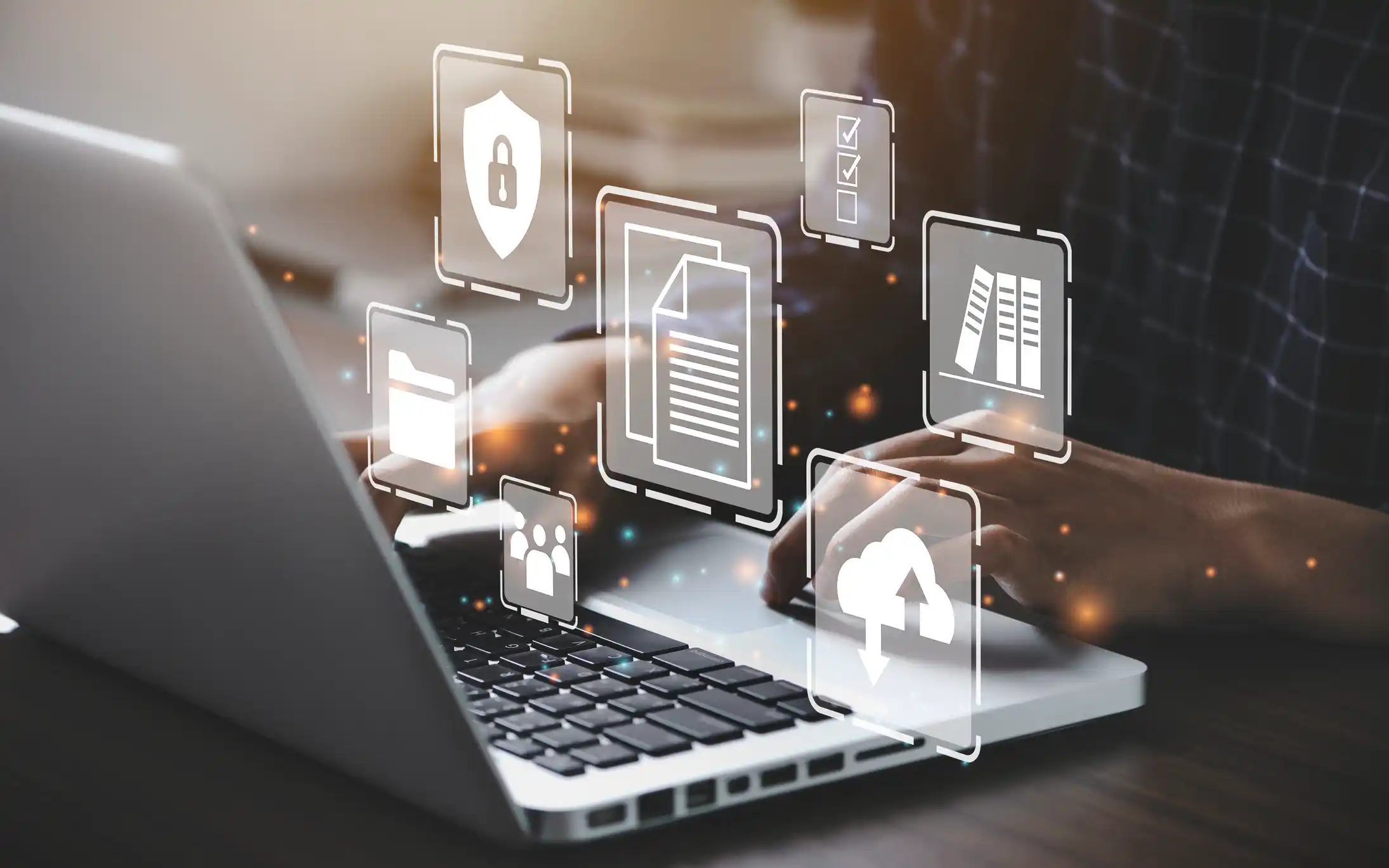
Enginuity Future Skills Hub
Engineering and manufacturing is rapidly transforming, making it hard for employers to know what skills they need to keep pace with change. The Enginuity Future Skills Hub aims to demystify the skills, trends and transitions reshaping industries within the UK’s engineering and manufacturing sector.
Demystifying digitalisation
Digital technologies are transforming traditional manufacturing processes, often by replacing manual and paper-based processes. Understand the different technologies changing engineering and manufacturing, their uses and benefits, and the skills you will need to adopt them.
Digitalisation technologies
Additive manufacturing
Additive manufacturing, also known as 3D printing, is where objects are created by adding material layer by layer, in contrast to traditional manufacturing methods that focus on cutting or shaping materials.
Read moreAutomation and robotics
Data analysis and visualisation
Digital project management
Digital twins
Immersive technologies
Machine learning
The Industrial Internet of Things (IIoT)
Digitalisation resources

Made Smarter: Leading digital transformation whitepaper
To support more SME manufacturers, Made Smarter has put together a white paper to highlight how they can implement strong, flexible leadership to realise the bounty of benefits...
Read more
Siemens: Executive’s Guide to Digital Manufacturing
In this eBook, learn about the increasing challenges found in the part manufacturing industry and how machine shops are overcoming these challenges with the help of digital manufacturing.
Read more
MAKE UK: Demystifying Digitisation
This guide, created by MakeUK in partnership with AWS, is a roadmap to digital transformation that can reshape your business
Read more
Innovate UK
Innovate UK’s Workforce Foresighting Hub has developed a structured process, aligned with national policy, to help deliver a skilled workforce to exploit innovative technologies in the UK.
Read more